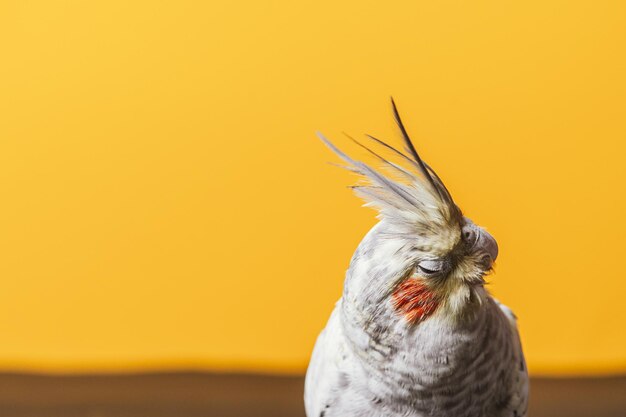Curious and Cute – Fun Facts about Red Pandas

Red pandas are not actually pandas at all, they are more closely related to raccoons.
They are also known as firefox or lesser panda.
Red pandas have a unique adaptation where their thumbs are extended to allow them to grasp food more easily.
These cute animals have a soft, bushy tail that makes up almost half of their body length.
Red pandas have a distinctive mask-like marking on their face, similar to that of a raccoon.
They are native to the Eastern Himalayas and southwestern China.
Despite being called red pandas, their fur color can range from reddish-brown to gray and even golden.
Red pandas are excellent climbers and are often seen lounging on tree branches.
They are predominantly nocturnal, meaning they are most active during the night.
Red pandas have a long lifespan, usually living up to 12-15 years in the wild and up to 20 years in captivity.
They primarily feed on bamboo shoots and leaves, but they also eat fruit, insects, and even small animals occasionally.
Red pandas have a unique adaptation in their teeth that allows them to eat and process bamboo properly.
They have a sixth finger-like bone called the pseudo thumb that helps them to hold onto bamboo and other objects.
Red pandas communicate through a range of vocalizations including whistles, twitters, and huff-like sounds.
They have a gland located near their tail that emits a strong-smelling musk, which they use to mark their territory.
Curious and Cute – Fun Facts about Red Pandas part 2
Red pandas are solitary animals and prefer to spend most of their time alone.
They have a keen sense of smell, which helps them locate food and avoid predators.
Red pandas are known for their agility and can descend tree trunks headfirst with ease.
They are excellent swimmers and are often seen playing in water.
Red pandas are known for their adorable sneezing sound which has become quite popular on the internet.
Their long, bushy tails help provide balance when navigating through trees.
Red pandas have a low metabolic rate, which means they conserve energy by lounging for long periods.
They are classified as vulnerable due to habitat loss and poaching.
Red pandas were discovered before giant pandas, but their name causes confusion between the two species.
These pandas have a highly specialized wrist bone that allows them to rotate their paws, making it easier to climb trees and hold onto bamboo.
In ancient Chinese culture, red pandas were considered to be a symbol of luck and good fortune.
Red pandas have a slow reproductive rate, with females usually giving birth to one or two cubs every two years.
They have a heat-sensitive patch on their belly that helps them regulate their body temperature.
Red pandas have dense fur that keeps them warm, even in cold mountain climates.
They are territorial animals and mark their territories with scent glands located on their anal region.
Red pandas have a strong preference for staying above altitudes of 1,800 meters.
They are excellent at camouflaging themselves in the forest due to their fur coloration.
Red pandas have a keen sense of balance and can even walk along narrow branches without any effort.
They are naturally shy and tend to hide in trees or foliage when they sense danger.
Red pandas are important seed dispersers for the plants they consume, helping with forest growth.
They are known to take naps during the day, curling up in trees or in hidden hollows.
Red pandas have a unique expression that makes them appear as if they are smiling.
They are one of the few animals that have a false thumb, an adaptation that helps them with their arboreal lifestyle.
Red pandas have a slow metabolism, which means they require less food compared to other similarly sized mammals.
They have long whiskers that help them navigate through dense vegetation and sense any obstacles.
Red pandas can spend up to 13 hours per day foraging for food.
They are agile jumpers and can leap up to 4-5 feet.
Red pandas have strong jaw muscles that allow them to chew tough bamboo stems.
They communicate with other red pandas through scent marking, leaving their unique smell on branches and other objects.
Red pandas have a playful nature and can often be seen sliding or rolling down slopes for fun.

